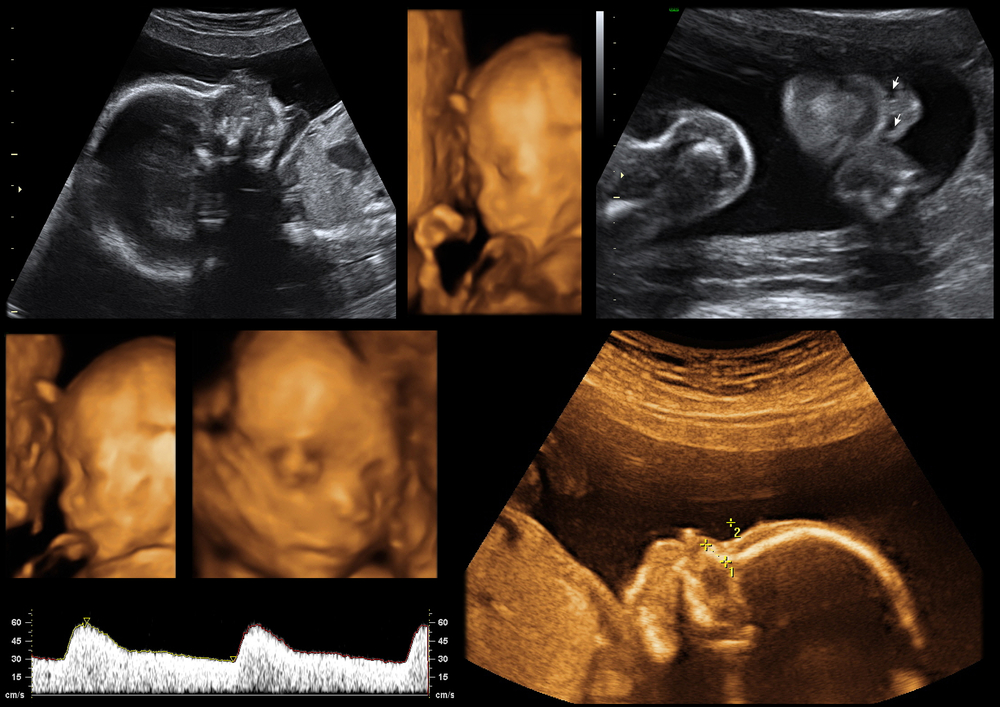An article in the June 2017 National Geographic is excited about the prospect of advances in prenatal diagnostics. Extensive prenatal brain studies are occurring via MRI technology, with the goal of mapping neural connectivity to identify and understand potential developmental delays. It is thought that many long-term effects have their start in utero, so studying pre-born children is a natural step.

Catherine Zuckerman, in her brief article for National Geographic, frames it like this: “Imagine if autism could be diagnosed before a baby is born. …parents would get a head start on grasping the condition – and doctors would have an opportunity to strategize care in advance.”
While that sounds incredibly positive, we know that between 70-90% of children diagnosed in utero with Down syndrome are aborted. Many of these are aborted based on a screening that is known to have up to a 50% false-positive rate. There is no reason to believe a prenatal autism diagnosis would be any different.
Prenatal screening is not used primarily for parental preparedness, but rather to decide what kind of child one wants to parent. The impact prenatal screening has on the born disabled community cannot be underestimated. One is left with the feeling that society is waiting for certain types of people to die and hoping no one else like them is allowed to be born. Or perhaps it more like the “Not in my backyard” of criminology studies, where no one wants the halfway house or jail in their neighbourhood, but they’re fine with it existing elsewhere. This is the “Not in my family” approach, where disabilities are fine from a distance, dealt with by someone else.
Prenatal testing and research are certainly valuable, as we recognize life begins at fertilization and want to give each child their best chance at a healthy life from the earliest stages. As a pro-life community, however, let us be cautious about the potentially deadly side effects of prenatal testing, intended or not.